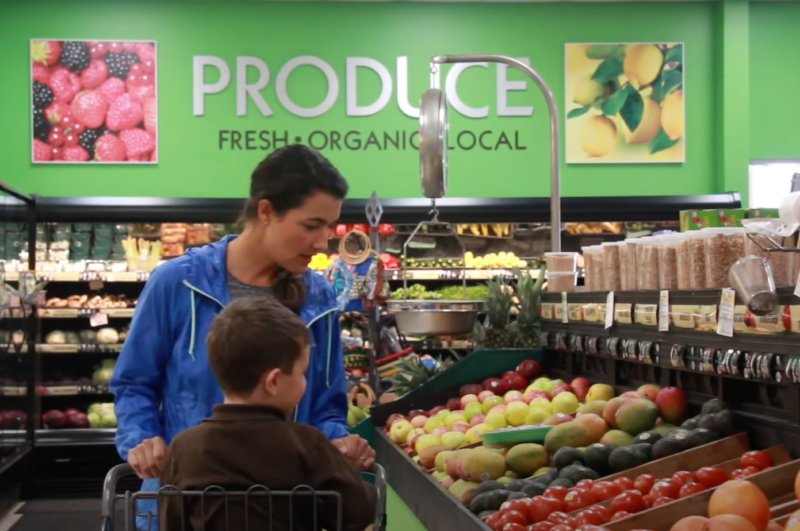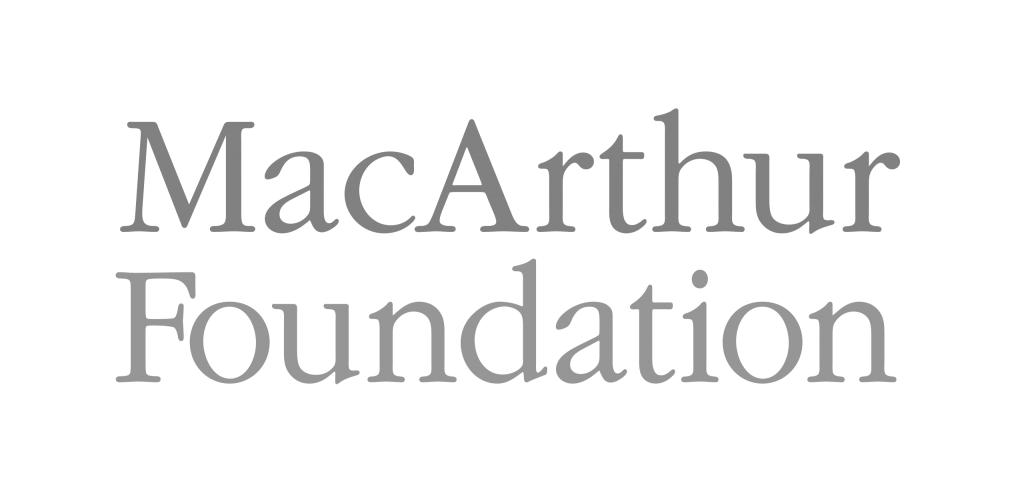FAIR FOOD PROGRAM
THE POWER OF PREVENTION
DO YOU KNOW THE STORY BEHIND YOUR FOOD?
By harnessing the power of consumer demand, the Fair Food Program gives farmworkers a meaningful voice in the decisions that affect their lives, and prevents the longstanding abuses that have plagued agriculture for generations. Find out why there is hope on the horizon for America’s farmworkers.
Narrated by Alyssa Milano

TRANSPARENT PROCESSES
MEASURABLE RESULTS

HOW THE FAIR FOOD PROGRAM WORKS
The Fair Food Program is a unique partnership among farmers, farmworkers, and retail food companies that ensures humane wages and working conditions for the people who feed our families.
Participating Growers and Buyers agree to implement the worker-informed “Code of Conduct,” which outlines all the protections for farmworkers in the program, as well as the Fair Food Premium.
The Fair Food Program Premium (FFPP) is passed down along the supply chain – from the retail level to the grower level – and ultimately is added as a bonus to workers’ paychecks as part of the grower’s regular payroll process. The FFPP bonus is clearly marked as a separate line item on the worker’s paystub.
The “Code of Conduct” covers all the protections for farmworkers in the Program – from wages and hours, to freedom from retaliation, to health and safety protections. In 2020 and 2021, the protections were expanded to include prevention and response protocols for COVID-19 and heat stress illness.
The Coalition of Immokalee Workers, the award-winning, internationally-recognized farmworker human rights organization that founded the Fair Food Program, conducts worker-to-worker education sessions at all Participating Growers’ farms throughout the season. The curriculum is developed and delivered by CIW farmworker staff. All workers also receive an FFP Know Your Rights and Responsibilities booklet and video training at the time of hire as a part of their overall orientation.
Rather than rely on outside social auditing firms that may not know the nuances of the industry or the Program, the FFP is enforced by a dedicated third-party monitoring organization, the Fair Food Standards Council. One of its principal tasks is to conduct in-depth audits on Participating Growers’ farms. With access to company records at the farm office level and access to the fields to observe harvesting operations and talk to workers first-hand, FFSC auditors are able to bring an unprecedented level of transparency to participating farms.
When workers encounter a potential violation of the Code of Conduct, the Program provides them access to a fast, effective, and proven complaint process, with strict consequences for retaliation against workers who make a report.
Complaints are investigated and resolved by FFSC, normally in collaboration with growers. Whenever possible, complaint resolutions include an educational component.
The Fair Food Code of Conduct is backed by binding agreements between CIW and many of the largest buyers of tomatoes in the world, from McDonald’s to Walmart. Participating Buyers are required to suspend purchases from growers who have failed to comply with the Code of Conduct. These agreements therefore provide a real market incentive for Participating Growers to abide by fair labor practices, resulting in unprecedented reforms in Florida’s tomato industry, including the virtual elimination of forced labor in the fields. Sexual harassment, verbal abuse, and wage theft are now the exception, rather than the rule.

VOICES FROM THE FIELDS
WHAT DOES REAL SOCIAL RESPONSIBILITY LOOK LIKE?
Learn More About Joining the Fair Food Program




